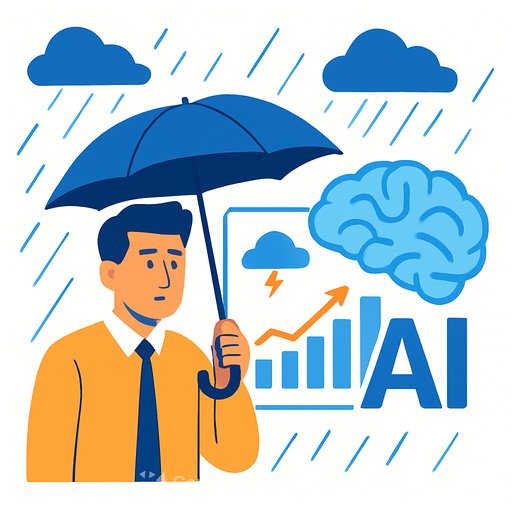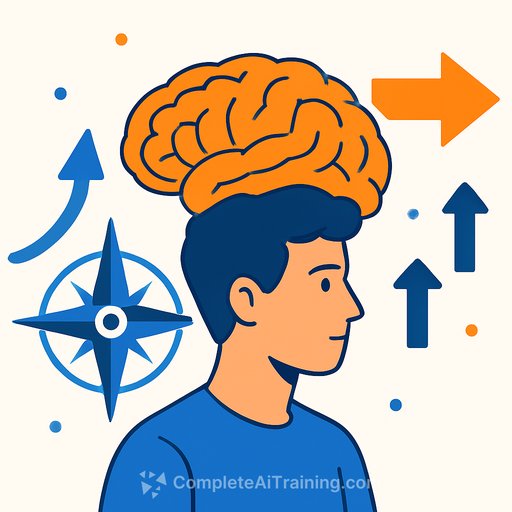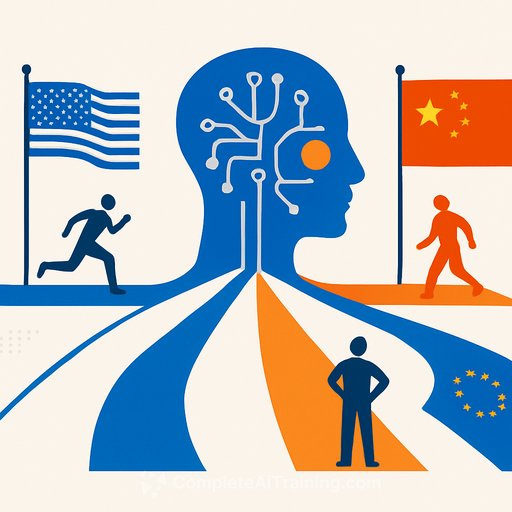Who is Yoshua Bengio? First researcher to reach one million Google Scholar citations
Yoshua Bengio has crossed one million citations on Google Scholar, the first living researcher to do so. It's a rare marker of reach across disciplines and a clear signal of how deep learning has moved from fringe to essential science. You can see the scale of his work on his Google Scholar profile.
From outsider idea to core methodology
Bengio, a professor at the Université de Montréal, is widely grouped with Geoffrey Hinton and Yann LeCun as the "godfathers of AI." Together, they helped turn neural networks from an overlooked curiosity into the backbone of modern machine learning used in chatbots, translation, medical imaging and autonomous systems.
Born in Paris in 1964 and raised in Montreal, he earned his PhD at McGill University and completed postdoctoral work at MIT and AT&T Bell Labs. In the early 1990s, neural nets were unfashionable, compute was scarce and theory was thin. He maintained a simple bet: deep, layered models could learn structure in data in a way that scales with experience.
Breakthroughs through students and seminal papers
In 2014, Ian Goodfellow, then a PhD student in Bengio's lab, proposed Generative Adversarial Networks (GANs). Bengio co-authored the paper, which became one of the most-cited works in machine learning and kicked off a wave of advances in synthetic imagery, video and creative modeling.
His widely read 2015 review of deep learning helped set a clear map for the field, bringing theory, practice and applications into one reference used by researchers worldwide. The piece accelerated shared language and standards across labs.
Ideas you feel in today's AI systems
Bengio's contributions span representation learning, probabilistic models and attention. These ideas sit inside today's large language models, including tools like ChatGPT.
Many methods fueling current progress trace back to concepts he explored years before they spread through industry and academia.
What the citation record signals
This milestone isn't just a personal win. It mirrors the rise of machine learning across research, with AI-related work dominating citation charts in the twenty-first century.
Biology, medicine, physics and climate science now rely on methods rooted in deep learning. Bengio has also been vocal about the limits of citation metrics, warning they can skew incentives. He uses Google Scholar as a research tool, not a scoreboard.
Persistence through the winter years
In the 1990s and early 2000s, neural networks were doubted, funding was thin and results were inconsistent. Recruiting students or support was a grind.
As compute improved and theory matured, core training problems like vanishing gradients and instability were addressed. The long view paid off: what once looked fringe became central to modern AI.
Beyond papers: institutions, policy and ethics
Bengio founded Mila, now among the largest academic AI institutes, training hundreds of researchers and collaborating across industry, government and universities. He helped drive Canada's national AI strategy and co-led major scientific programs.
In recent years, he has focused on ethics, safety and governance. He advocates for strong guardrails, transparency and international coordination, and he works on methods for systems that behave safely, communicate honestly and align with human values.
Practical takeaways for scientists and research leaders
- Back ideas with long half-lives. Endure skepticism and funding deserts if the signal is strong.
- Compound talent and compute by building institutes, shared tooling and open collaboration.
- Treat citations as lagging indicators. Optimize for insight, reproducibility and clear benchmarks.
- Favor methods that transfer across domains: representation learning, attention, generative modeling.
- Make safety and governance part of the research plan, not an afterthought.
The path forward
With more than a million citations and foundational contributions, Bengio remains one of the defining figures in modern AI research. He helped build the intellectual architecture of current systems and now pushes to ensure they benefit society.
If your lab is building expertise in deep learning and LLMs, explore focused training options curated for professional growth: AI courses by job.
Your membership also unlocks:





